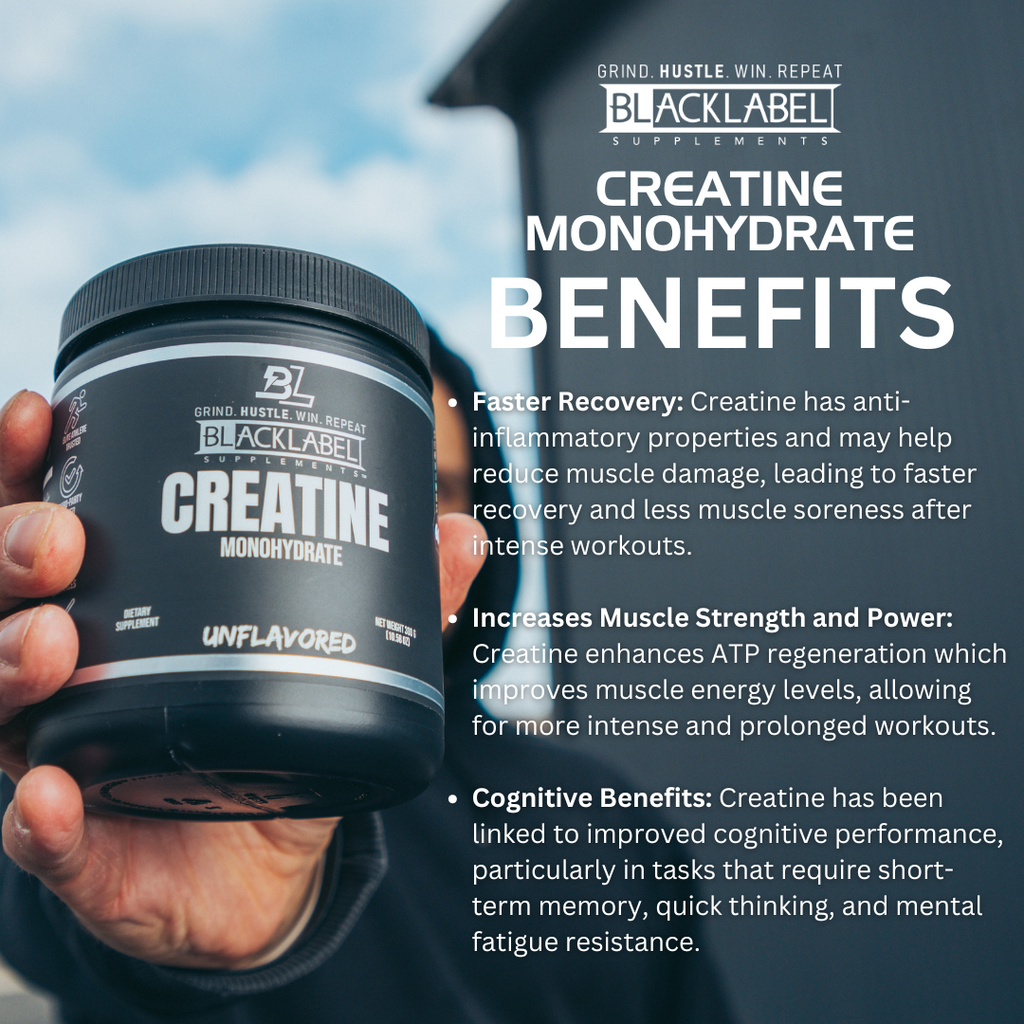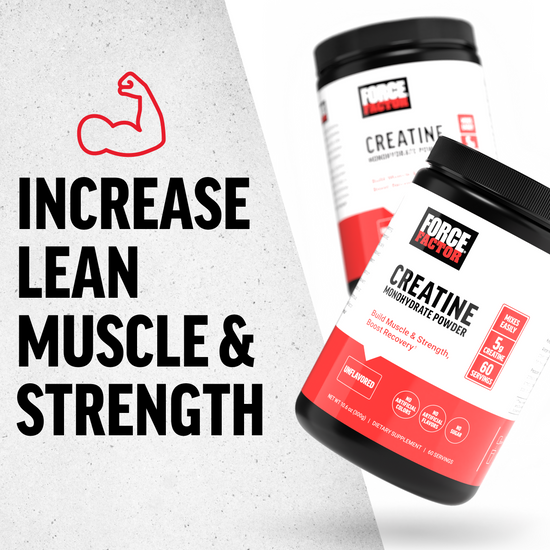Some Known Details About Creatine Monohydrate
Some Known Details About Creatine Monohydrate
Blog Article
Creatine Monohydrate - Truths
Table of ContentsThe smart Trick of Creatine Monohydrate That Nobody is DiscussingCreatine Monohydrate Things To Know Before You BuyCreatine Monohydrate Things To Know Before You Buy
The vital takeaway is that An intriguing methodical testimonial concluded a negative correlation between creatine monohydrate supplementation and VO2 max. The writers recognize a danger of predisposition with the research styles due to a demand for more clarity over randomization with almost all studies included. Only 3 of the nineteen researches thoroughly detailed the analysis of VO2 max - Creatine Monohydrate.
This varies from athlete to professional athlete. If weight gain with liquid retention is a concern, stop taking creatine 1-2 weeks before racing to offset fluid retention while preserving enhanced creatine stores. Some people experience stomach pain when taking creatine, such as bloating, cramping, or diarrhea. It is necessary to note that not everyone experiences stomach distress while taking creatine, and it can typically be managed by readjusting the dose or taking it with dishes, as described by the International Culture of Sports Nutrition.
It's recommended to use it in powder kind. Worries regarding the long-term impacts of creatine monohydrate supplements on renal (kidney) feature have been increased. However, research studies done by the International Society of Sports Nourishment and have a peek at this site Sports Medicine show that short-term and lasting use creatine monohydrate within recommended does does not risk kidney function in healthy individuals.
Creatine Monohydrate Fundamentals Explained
None of the researches examined triathletes. The damaging effects reported in the research studies connected to weight gain. As mentioned, many of the researches utilized a higher-dose loading method (20g+/ day) in a brief period that could be offset and prevented through a lower dose (such as 5g/day) for an extended duration.

Allow's take a look at the primary advantages of creatine monohydrate. There is solid, dependable study revealing that creatine boosts health. Insurmountable evidence supports raising lean muscular tissue mass, increasing stamina and power, including repeatings, i loved this minimizing time to fatigue, improving hydration status, and profiting mind health and wellness and feature. Every one of these benefits will incrementally award your health and wellness and improve your "healthspan" as you age.
The majority of creatine is stored in the skeletal muscle mass in a form known
as phosphocreatine, or creatine phosphate. Creatine aids in the manufacturing of adenosine triphosphate, or ATP. Also if they never ever lifted a barbell, they would certainly still profit from creatine supplementation.
Report this page